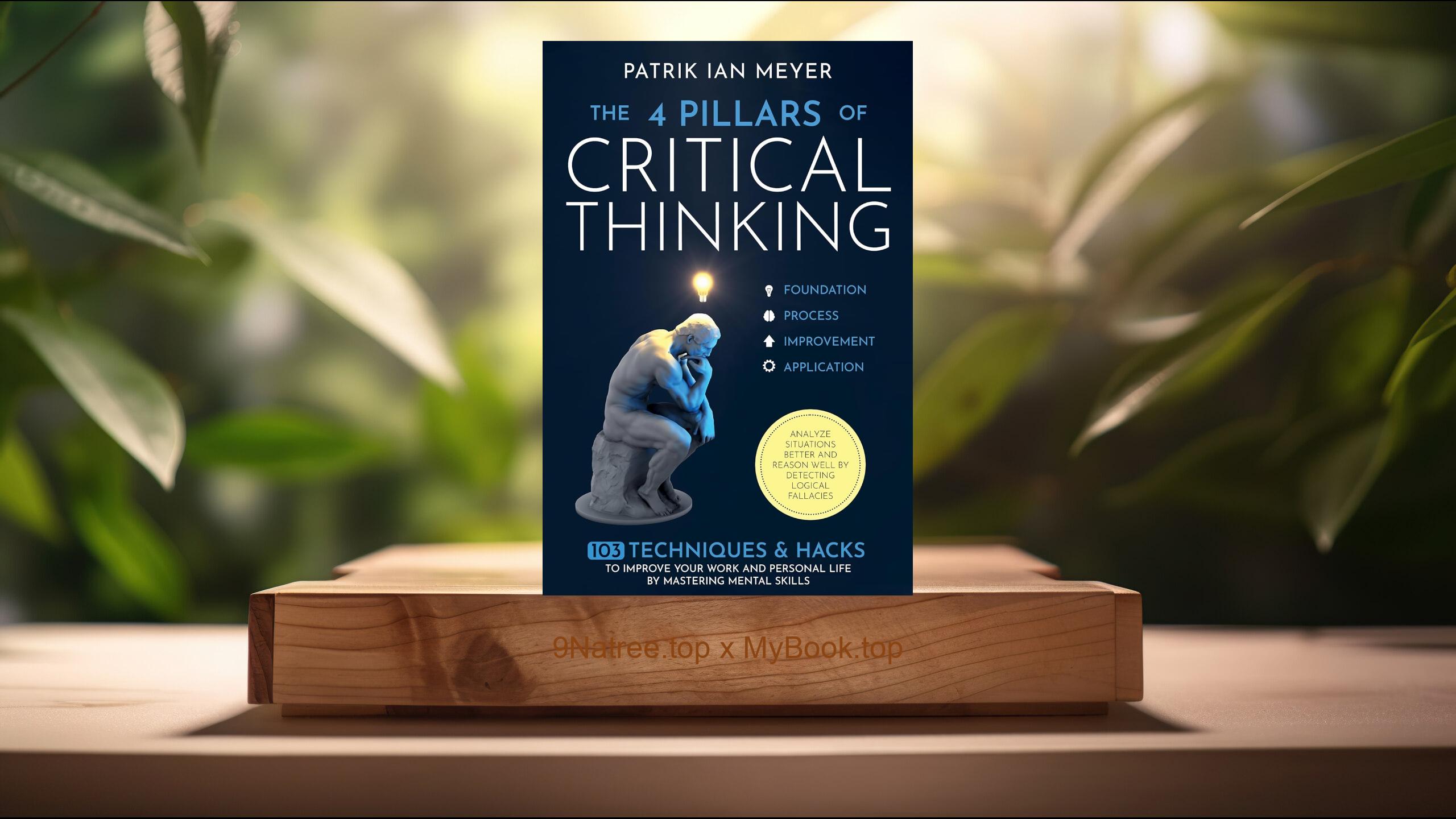Show Notes
Buy on Amazon: https://www.amazon.com/dp/B0B2Z1GH4B?tag=9natree-20
Read more: https://mybook.top/read/B0B2Z1GH4B/
#emotionalintelligence #selfawareness #relationships #personalgrowth #emotionalresilience #culturalimpactonemotions #navigatingadversity #philosophicalinsights
These are takeaways from this book.
Firstly, The Role of Emotional Intelligence, Emotional intelligence (EI) is a central theme of ‘The School of Life: An Emotional Education’. The book elucidates the significance of EI as the capability to recognize, understand, and manage not only one's own emotions but also those of others. It posits that EI is just as crucial as intellectual ability for success in life, affecting everything from our relationships to our career advancements. Through various chapters, readers are introduced to the concept of emotional education - the process of learning to navigate the complex landscape of human emotions. The book outlines the ways in which developing a higher EI can lead to improved communication, stronger relationships, and an enhanced ability to cope with life's challenges. Understanding and improving emotional intelligence are portrayed as indispensable pathways to a more fulfilling life.
Secondly, Navigating Love and Relationships, ‘The School of Life: An Emotional Education’ delves deeply into the topic of love and relationships, offering insightful perspectives on how emotional intelligence can transform our romantic endeavours. It discusses the common pitfalls that couples face, such as communication breakdowns, unrealistic expectations, and the struggle to maintain romance over time. The book provides practical advice on overcoming these challenges, emphasizing the importance of empathy, open communication, and emotional vulnerability. Furthermore, it explores the concept of compatibility, debunking myths surrounding the idea of 'the one' and advocating for a more realistic approach to finding and sustaining love. By applying the principles of emotional intelligence to our love lives, the book argues, we can foster healthier, more fulfilling relationships.
Thirdly, Self-Knowledge and Personal Growth, One of the key topics in ‘The School of Life: An Emotional Education’ is the pursuit of self-knowledge and personal growth. The book underscores the importance of introspection and self-awareness as foundational steps towards understanding our emotions, motivations, and behaviors. It guides readers through the process of self-examination, encouraging them to confront uncomfortable truths and challenge deeply-held beliefs. The journey towards self-knowledge is depicted as both challenging and immensely rewarding, leading to greater emotional resilience, more authentic living, and an increased capacity for empathy. By cultivating a deeper understanding of ourselves, we are better equipped to navigate life's ups and downs, make healthier decisions, and build more meaningful relationships.
Fourthly, Coping with Adversity, Adversity is a universal human experience, and ‘The School of Life: An Emotional Education’ offers profound insights into coping with life’s inevitable challenges. The book discusses the importance of emotional intelligence in facing hardship, whether personal loss, professional setbacks, or existential crises. It introduces the concept of emotional resilience - the ability to recover from adversity and grow stronger in the process. Readers are provided with strategies for developing resilience, including embracing vulnerability, finding meaning in suffering, and cultivating a supportive community. The book stresses that adversity, while painful, offers valuable opportunities for personal growth and transformation. By learning to approach difficulties with grace and emotional intelligence, we can emerge from our trials with a deeper sense of purpose and well-being.
Lastly, The Influence of Culture on Emotion, ‘The School of Life: An Emotional Education’ also explores the complex interplay between culture and emotion. It posits that our emotional experiences and expressions are significantly shaped by cultural norms, values, and expectations. The book examines how different societies approach emotions, such as the expression of grief, the pursuit of happiness, and the management of anger. It highlights the impact of cultural conditioning on our emotional health, suggesting that a lack of emotional education in many cultures contributes to widespread emotional illiteracy. By understanding the cultural dimensions of emotions, readers are encouraged to question and expand their emotional repertoire, challenging societal norms that may inhibit emotional expression. This exploration underscores the importance of fostering a global emotional education that respects and incorporates diverse emotional experiences and practices.
In conclusion, ‘The School of Life: An Emotional Education’ is a must-read for anyone interested in enhancing their emotional intelligence and navigating life’s complexities with greater ease and wisdom. It is particularly beneficial for individuals seeking to improve their relationships, understand themselves better, and develop resilience in the face of adversity. The book offers a rich blend of philosophical reflections, psychological insights, and practical advice, making it accessible and valuable to a wide audience. Whether you are struggling with personal issues, looking to strengthen your connections with others, or simply curious about the emotional facets of human life, this book provides essential tools and perspectives. By embracing the lessons of emotional education, readers can lead more fulfilled and meaningful lives, characterized by deeper relationships, personal growth, and a profound understanding of the human condition.
![[Review] The School of Life: An Emotional Education (The School of Life) Summarized](https://episodes.castos.com/660078c6833215-59505987/images/1709288/c1a-085k3-k5xm3d1dc3dm-pulkop.jpg)




